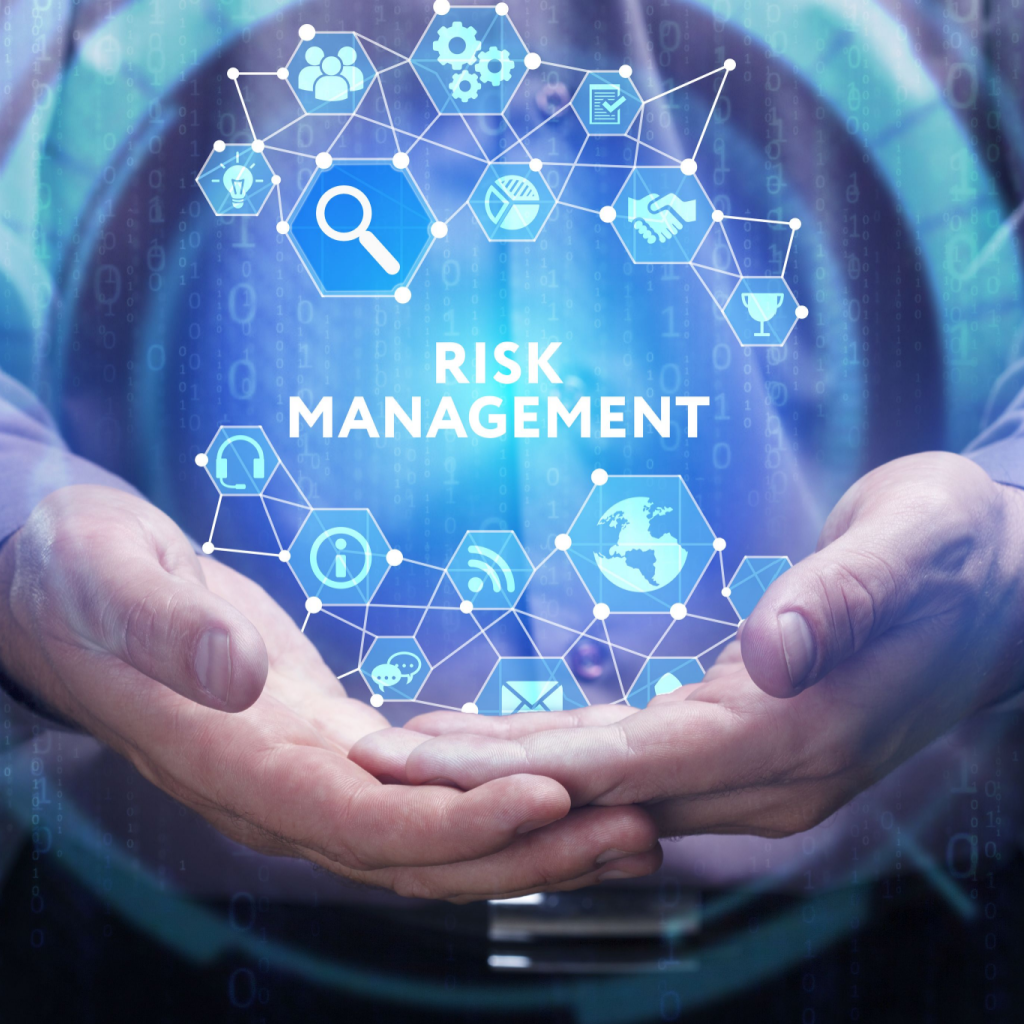Risk Management
Project related risk management is a very niche field and is growing as the industry sees the benefits of good project risk implementation.
Risk management, in the construction project world, is the process of understanding and minimising any potential problems that may negatively impact a project’s timetable with the goal of saving time, money, and reputation. ‘Risk’ is any unexpected event that might affect the people, processes, technology, and resources involved in a project. Unlike ‘issues’, which are certain to happen, risks are events that could occur, and you may not be able to tell when. Because of this uncertainty, project risk management requires preparation to manage them efficiently.

Risk Management is a broad term, Enterprise Risk Management refers to a holistic approach to the management of risks across an organisation and Project Risk Management is more focussed on a specific project or programme of work, typically focussed the on the activities in a project schedule or cost profile. Infraspec focusses in these areas.
Project Risk Management, at a high level, uses four key stages in its process:
- Risk assessment
- Risk identification
- Determine risk probability
- Determine impact
Risk Management data is typically captured in a register, is analysed and discussed in risk workshops by the wider project management team to mitigate key risks and keep the project on track and avoid any major cost escalation or scheduled dates being moved.
Data is often modelled using the specific techniques of Quantitative Risk Analysis (QRA) to predict a project schedule (QSRA) or cost schedule (QCRA) outcomes and to give a realistic probability of an event happening and its impact. This can be achieved through using software such as Monte Carlo, a mathematical approach of sampling and modelling.
Essentially it is preparing for and handling obstacles and problems that may challenge the success of your project.
What are the Benefits of Risk Management?
Effective data for decisions
Quality data means in order to perform risk analysis well you need to effectively capture and analyse project data, this will help in the now and the future.
Identify trouble
Good risk management makes it easier to identify troubled projects. Risk events will be identified, assessed and mitigations planned.
Fewer surprises
A robust plan reduces surprises. Risk management enables the project team to be aware of impending issues and to deal with risk events as they occur.
Better budget management
With effective risk management positive outcomes can be reached on a projects financial budget and set realistic contingency budgets too.
Key competencies and skills within this area
- Effective Communication skills
- Analytical skills
- Problem Solving
- Scheduling
- Time Management
- Risk Management
- Risk Analysis
- Risk Modelling
- Technical expertise in the project area
- NEC 3/ 4, JCT, FIDIC contract knowledge
- Primavera Risk Analysis, Predict, @Risk, ARM
- ModelRisk, Crystal Ball
- Monte Carlo
- Excel
Positions we recruit for
- Risk Analyst
- Risk Manager
- Head of Risk Management
- Risk Consultant
- Risk and Value Consultant
- Risk and Value Manager

